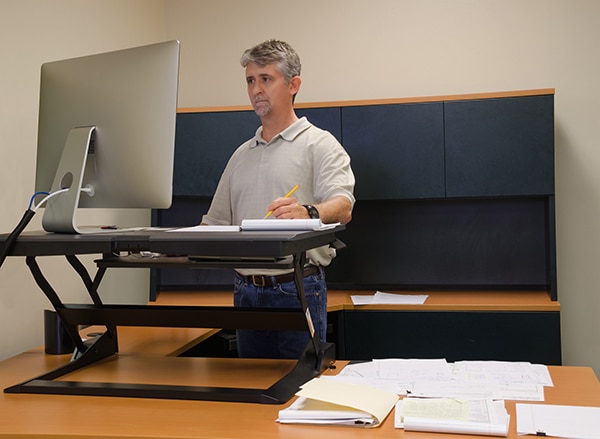
In order for a worker to pursue a claim for Disability Discrimination they have to first be disabled as defined within the Equality Act 2010 (they have a physical or mental impairment which has an adverse effect on their ability to carry out normal day to day activities and the effect is substantial and long-term). If an employee is placed at a disadvantage because of their disability, an Employer would have a duty to make reasonable adjustments to remove the disadvantage.
However, this duty is only triggered if the employer has actual or constructive knowledge of the disability. The Equality Act confirms that constructive knowledge occurs where the employer could reasonably have been expected to know of the disability. If they did not know, and could not reasonably be expected to know of the worker’s disability, a claim that an employer had failed to make reasonable adjustments would fail.
Assessing whether an employee is disabled will usually involve seeking medical evidence from occupational health.
In the recent case of Donelian v Liberata UK, the Court of Appeal considered whether an employer should be treated as knowing that an employee is disabled when medical evidence wrongly confirms that they are not disabled.
Background
Mrs Donelian had been absent from work for over 100 days for a number of reasons including flu, viruses and stress. It was not clear whether the conditions were related. Liberata referred her to an occupational health expert who provided a report which confirmed she was not disabled. Liberata then made efforts to engage with Mrs Donelian and tried to hold return to work meetings to investigate further whether she was disabled. Mrs Donelian was subsequently dismissed for unsatisfactory attendance which led to her claim for Liberata’s failure to make reasonable adjustments.
The Employment Tribunal found that she was disabled within the Disability Discrimination Act 1995 (now the Equality Act 2010) in the last two months of her employment, but agreed with Liberata that they did not have actual or constructive knowledge of this. In reaching their decision, the Employment Tribunal considered the case of Gallop v Newport City Council in which the Court of Appeal found that employers should reach their own view as to whether an employee is disabled and not rely solely on the view given by their occupational health service. Liberata had considered additional evidence, including discussions in return to work meetings and letters from Mrs Donelian’s GP.
The EAT upheld the Tribunal’s decision holding that Liberata had done enough to pursue the question of whether Mrs Donelian was disabled. Whilst another employer might have done more, the test was that the efforts must have been reasonable.
Comment
This decision provides reassuring guidance for employers dealing with the perpetual challenge of short-term absences and uncooperative employees. The question of whether the employer has done enough to avoid constructive knowledge hinges on whether or not the efforts are reasonable. Employers need to only take reasonable steps to discover whether an employee is suffering from a disability, in order to avoid constructive knowledge of the disability, and thus the duty to make reasonable adjustments. The Tribunal will take a holistic view looking at the overall efforts made by the employer, and it is important not to simply rubber-stamp an opinion in an occupational health report.





